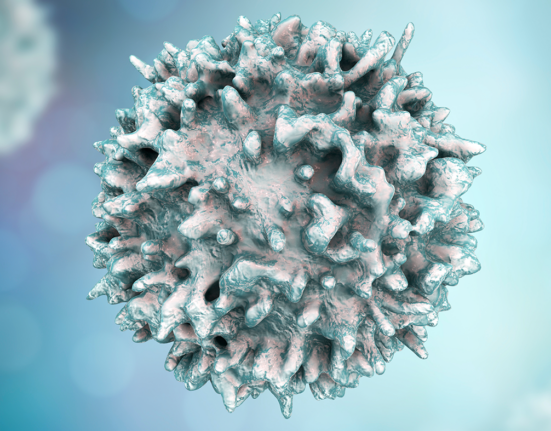Survivors of hematologic cancers might experience worse neurocognitive functioning compared with their healthy counterparts, according to an abstract presented at the 2025 Transportation and Cellular Therapy Tandem Meetings of ASTCT and CIBMTR in Honolulu, Hawaii.
“Hematologic cancer survivors experience significant brain age acceleration compared to healthy controls, that is associated with worse neurocognitive functioning,” the authors, led by Noha Sharafeldin, MD, MSc, PhD, an assistant professor at the University of Alabama at Birmingham, wrote in the Tandem abstract.
Dr. Sharafeldin and colleagues examined brain age gap (BAG)—the difference between MRI-derived brain age and chronological age—and white matter hyperintensities (WMH), both markers of cognitive and vascular brain aging linked to cognitive decline. The investigators enrolled 24 adult patient survivors of hematologic malignancies (see Table 1 for the breakdown by blood cancer type) who were then matched by age and sex with 33 healthy controls from the National Institute of Mental Health Healthy Volunteer Dataset, all with available MRI data. Of the 24 patients, 93% were treated with allogeneic transplantation and 3.5% with autologous transplantation.
Table 1: Patient survivors by blood cancer
| Blood cancer | % Enrolled adults in study |
| AML | 41.7% |
| ALL | 16.7% |
| MPN | 25% |
| MM | 8.3% |
The study cohort was 75% male, had a median age of 56.6 years, and had a median time since diagnosis of 20.1 months. The mean estimated BAG was higher in survivors than in the control arm: 10.5y (95%CI, 6.3-14.7) versus 4.7y (95%CI, 1.9-7.4), P=0.015). Greater deep and periventricular volumes were higher in survivors compared with controls (P<0.001). When the investigators adjusted for age, sex, and education, a higher BAG was associated with worse attention and memory/learning scores. Greater deep and periventricular WMH volumes showed a worse executive functioning score, and both higher WMH and BAG were linked to worse processing speeds.
The findings suggest that hematologic cancer survivors experience accelerated brain aging, impacting cognitive function, the authors wrote, adding that BAG and WMH could be early predictors of cognitive decline.
“MRI-based structural markers of brain aging represent promising predictors of declining cognitive function and could be used as targets for early intervention,” the investigators wrote.
Reference
Sharafeldin N, Perucho J, Grimm A. Accelerated brain aging and cognitive decline in hematologic cancer survivors post-transplant: insights from brain age gap and white matter hyperintensities. Abstract #5. Presented at the Tandem Meetings | 2025 Transportation and Cellular Therapy Tandem Meetings of ASTCT and CIBMTR; February 12-15; Honolulu, Hawaii







